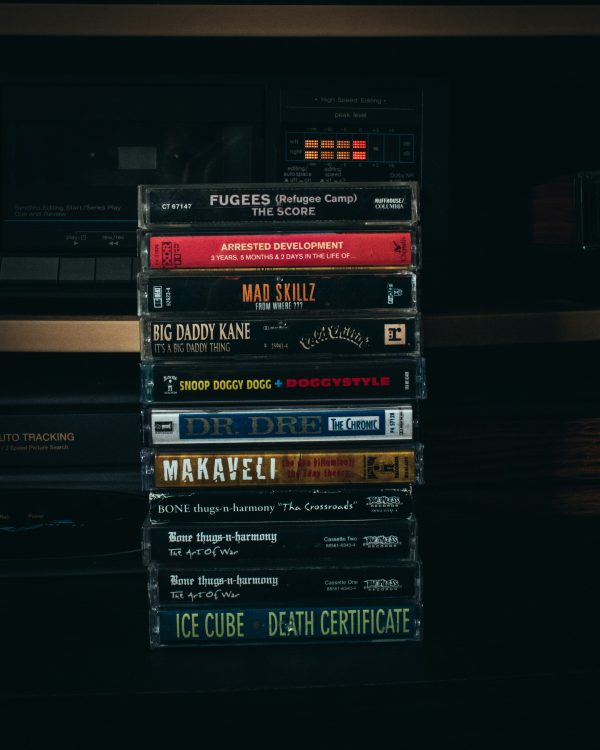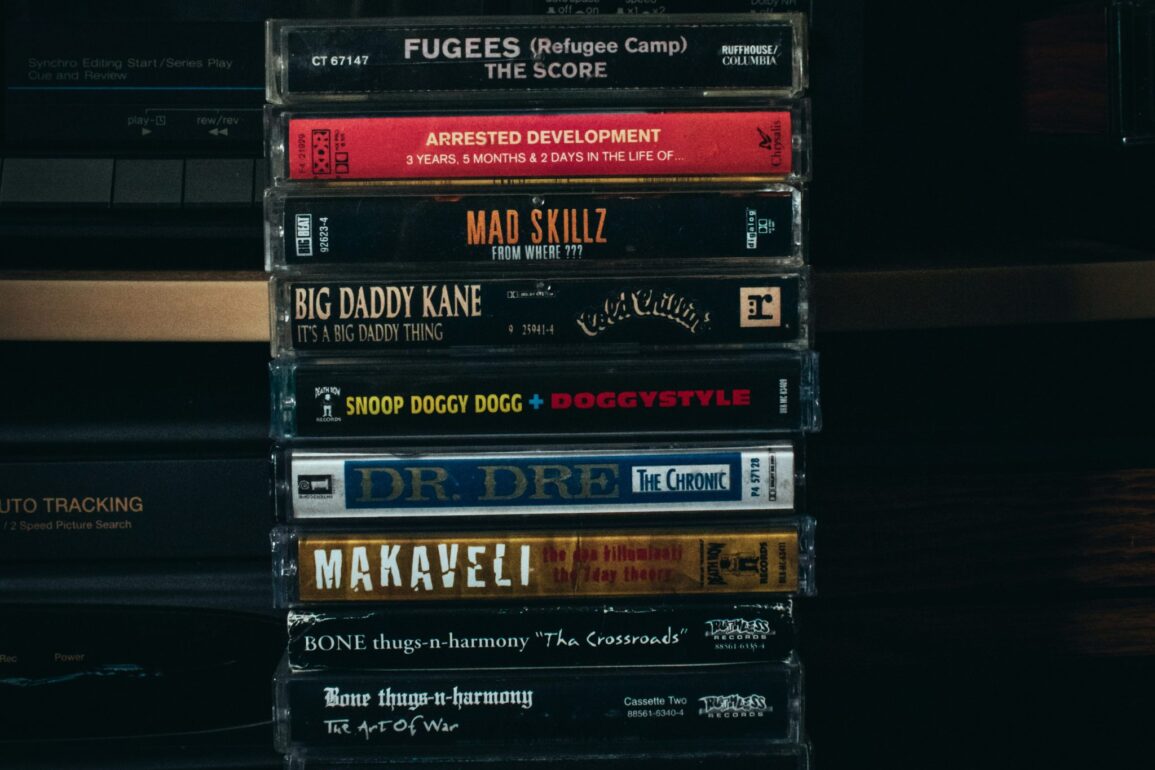Hip-hop has evolved from its humble beginnings in the Bronx during the 1970s to become one of the most influential cultural movements worldwide. Beyond its musical appeal, hip-hop serves as a powerful medium for political expression and social commentary. This cultural phenomenon has particularly resonated with college students, who are at a formative stage in developing their political identities. As young adults navigate complex social issues, many turn to hip-hop as both a source of information and inspiration. The question many academics ask is whether students should write my paper about hip-hop’s influence or experience it firsthand through active participation in the culture.

Historical Context of Hip-Hop as Political Expression
Hip-hop emerged as a response to socioeconomic challenges facing marginalized communities. Artists like Grandmaster Flash and the Furious Five’s “The Message” (1982) and Public Enemy’s “Fight the Power” (1989) established a tradition of political commentary within the genre. These early works addressed systemic issues, including poverty, police brutality, and institutional racism. As hip-hop gained mainstream popularity throughout the 1990s and 2000s, its political dimensions remained, though sometimes overshadowed by commercialization. Students who pay someone to write my paper on hip-hop history often miss the nuanced evolution of its political messaging across decades.
Contemporary Political Themes in Hip-Hop
Today’s hip-hop landscape features artists who continue this tradition of political engagement, albeit through evolving approaches. Kendrick Lamar’s “Alright” became an anthem for the Black Lives Matter movement. At the same time, artists like J. Cole and Joey Bada$$ regularly address systemic inequality, racial justice, and political corruption in their work. These contemporary voices offer college students perspectives on current events that often differ from mainstream media narratives, presenting alternative viewpoints that challenge established power structures and institutional narratives.
Hip-Hop’s Influence on Campus: Three Dimensions
Academic Integration
Hip-hop studies have emerged as a legitimate academic discipline on many college campuses. Courses examining hip-hop’s cultural, historical, and political dimensions are increasingly common across humanities departments. These academic spaces allow students to critically analyze hip-hop texts and contexts, often helping them better understand complex social and political issues. When professors help me write my essay on these topics, students develop analytical frameworks for understanding hip-hop beyond mere entertainment.
Political Consciousness
Research suggests that engagement with politically conscious hip-hop correlates with increased awareness of social justice issues among college students. The genre’s emphasis on lived experiences of marginalization resonates with many young people’s developing sense of justice. Hip-hop often serves as an entry point for deeper exploration of political ideologies and movements, particularly those centered on racial and economic justice. This heightened awareness frequently translates to more nuanced political positions.
Activism Inspiration
Perhaps most significantly, hip-hop provides models of activism and resistance that many college students emulate. From organized protests to grassroots community initiatives, the strategies advocated in hip-hop lyrics and modeled by artists themselves offer templates for political engagement. The genre’s DIY ethos and emphasis on authentic voice encourage students to speak out against perceived injustices and take direct action within their communities.
Case Studies: Campus Movements Influenced by Hip-Hop
Several notable campus activism movements have drawn direct inspiration from hip-hop culture and politics. Student protests against tuition increases at universities nationwide have incorporated hip-hop elements, from protest chants adapted from popular lyrics to organizing strategies inspired by hip-hop collectives. The 2015 University of Missouri protests, which addressed campus racism, frequently referenced hip-hop in their messaging and tactics. When students write my paper for me free of institutional constraints, they can better explore these connections between cultural expression and political action.
Critical Perspectives: Limitations and Contradictions
Despite its political potential, hip-hop’s influence on college students’ politics is not without complications. Critics point to the genre’s commercial aspects, which sometimes promote materialism and individualism that can undermine collective political action. When researchers write my paper for me on this topic, they often highlight how issues of misogyny and homophobia in some mainstream hip-hop potentially conflict with progressive politics embraced by many college activists. These contradictions create tensions that students must navigate as they incorporate hip-hop influences into their political worldviews.
Demographic Considerations: Beyond Simplistic Narratives
The relationship between hip-hop and political views varies significantly across demographic groups. While hip-hop originated in Black and Latino communities, its audience now spans all racial and socioeconomic backgrounds. Research suggests that the political influence of hip-hop differs based on listeners’ backgrounds, with some studies indicating that white students may engage more with aesthetic elements while missing deeper political messages. Students often write my essay paper on these demographic differences to understand how cultural context shapes political interpretation.
Digital Platforms and Political Mobilization
Social media has amplified hip-hop’s political influence among college students. Artists now directly communicate political messages to followers, bypassing traditional media gatekeepers. Platforms like Twitter, Instagram, and TikTok facilitate rapid dissemination of politically charged hip-hop content, often spurring online activism that transitions to campus-based organizing. The viral nature of these platforms has created new pathways for hip-hop to influence political discourse and mobilization among college students.
Conclusion: The Evolving Relationship
Hip-hop’s influence on college students’ political views and activism continues to evolve, reflecting broader changes in both the genre and campus politics. As hip-hop adapts to new technological and social contexts, its political dimensions remain significant for many young adults forming their political identities. The relationship between hip-hop and campus activism represents a dynamic intersection of culture, identity, and politics that both reflects and shapes broader social movements. Understanding this relationship provides valuable insight into how cultural forms influence political development among young adults in contemporary America.
This post was originally published on this site be sure to check out more of their content.







